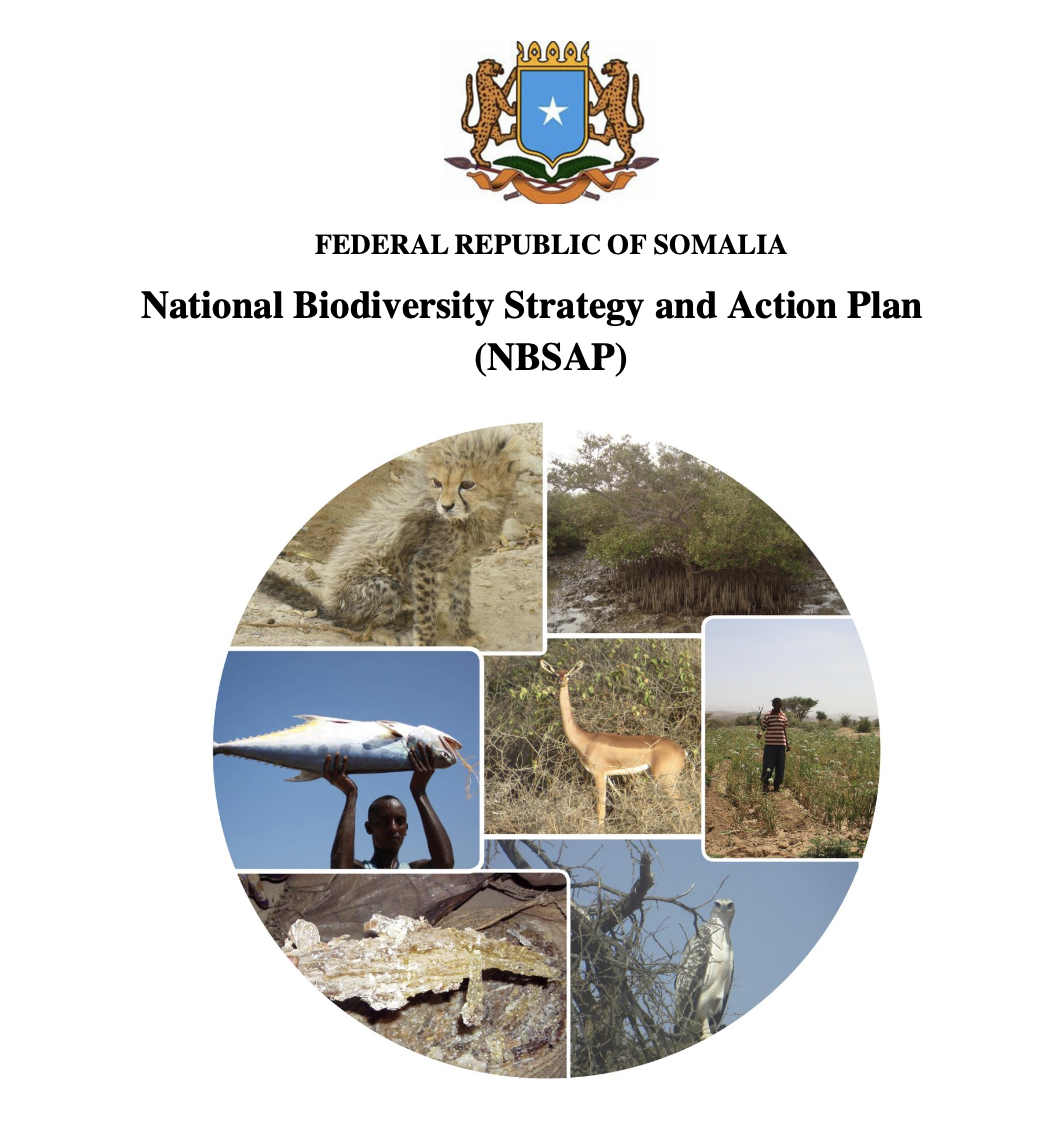
National Biodiversity Strategy and Action Plan
Somalia’s inaugural National Biodiversity Strategy and Action Plan (NBSAP) is aimed to establish a strategic framework for the systematic rehabilitation and conservation of the country’s biodiversity. It aims to promote sustainable utilization of biodiversity services and products while ensuring equitable distribution of benefits and responsibilities among different segments of society. The NBSAP encompasses a 2050 Vision that highlights how achieving the desired outcomes can contribute to Somalia’s socioeconomic development. The overarching goal is to restore the country’s ecosystems and biodiversity by 2020.
The NBSAP is guided by eight principles, including entrusting the people of Somalia with rights and responsibilities regarding ecosystems and their associated resources, adhering to the Polluter Pays Principle, considering inter-generational equity, incorporating indigenous knowledge in biodiversity management, and integrating NBSAP into relevant policies, legislation, and inclusive planning. Five priority areas are aligned with the strategic goals of the Strategic Plan for Biodiversity, with twenty strategic targets developed, taking into account the Aichi Biodiversity Targets. These are further supported by 71 sub-targets and 233 SMART indicators to facilitate monitoring and evaluation. Fourteen strategic approaches have been devised to guide implementation.
Considering Somalia’s unique geopolitical context, the implementation of the NBSAP is divided into two phases. Phase I concludes by 2020, while Phase II extends until 2030. The initial step involves conducting a comprehensive assessment of capacity and human resources, including a technology needs assessment. Outlines have been prepared for the development of a Communication and Outreach Strategy, Resource Mobilization Strategy, Monitoring and Evaluation Plan, and a national Clearing-House Mechanism (CHM). The National NBSAP Coordination Committee operates under the High-level Coordination Committee for Sustainable Development, led by the Prime Minister and coordinated by the ministry of Climate Change and Environment. This committee oversees and coordinates the implementation of the three Rio Conventions.
The National NBSAP Steering Committee serves as the project’s governing and decision-making body, offering high-level guidance to ensure the NBSAP aligns with other government plans and programs. Its establishment increases the likelihood of the NBSAP becoming an official government policy document. The formulation of two Local Biodiversity Strategy and Action Plans (LBSAPs) for Puntland and Somaliland has provided valuable input to the development of the NBSAP. It is anticipated that LBSAP Coordination Committees will be established for all zones and interim administrations within Somalia.
Comments
Comments are closed.
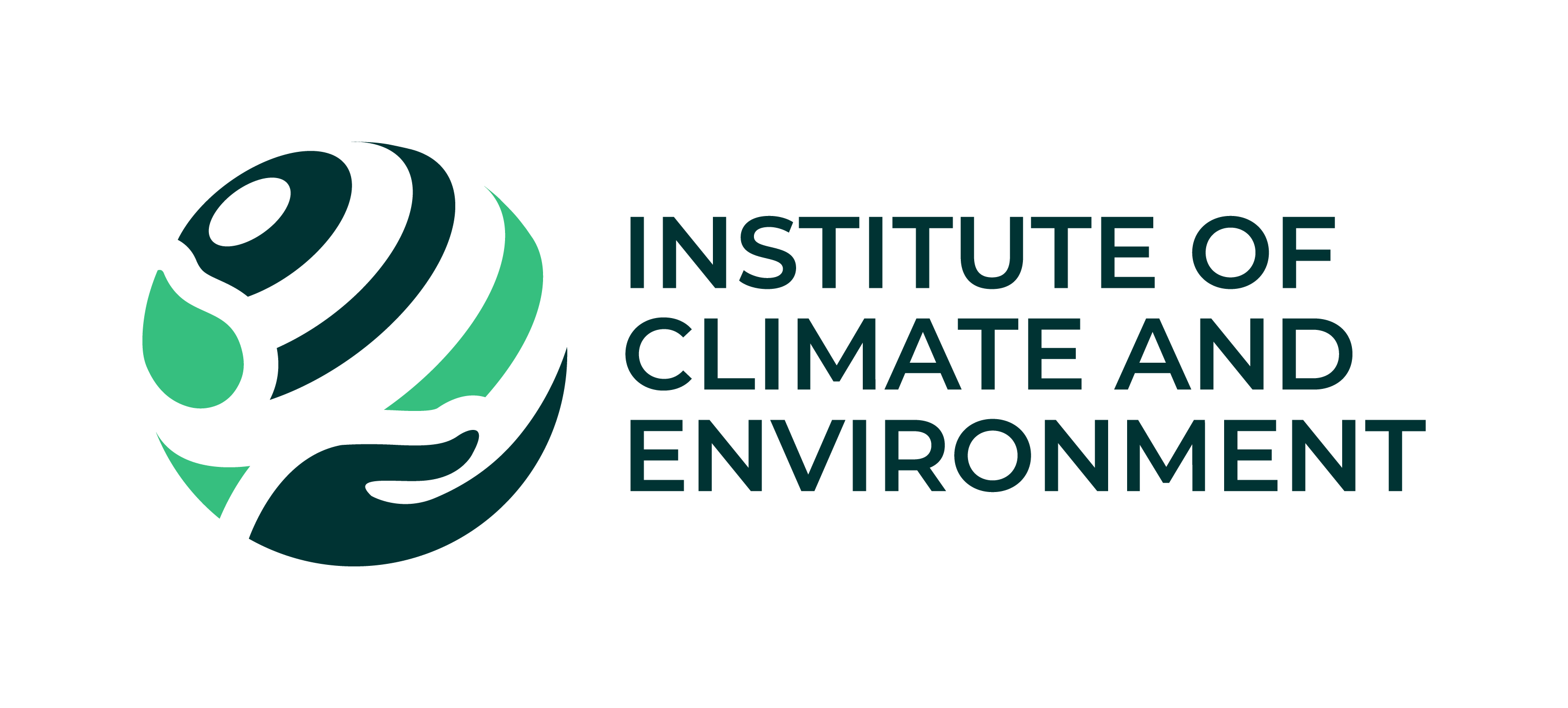
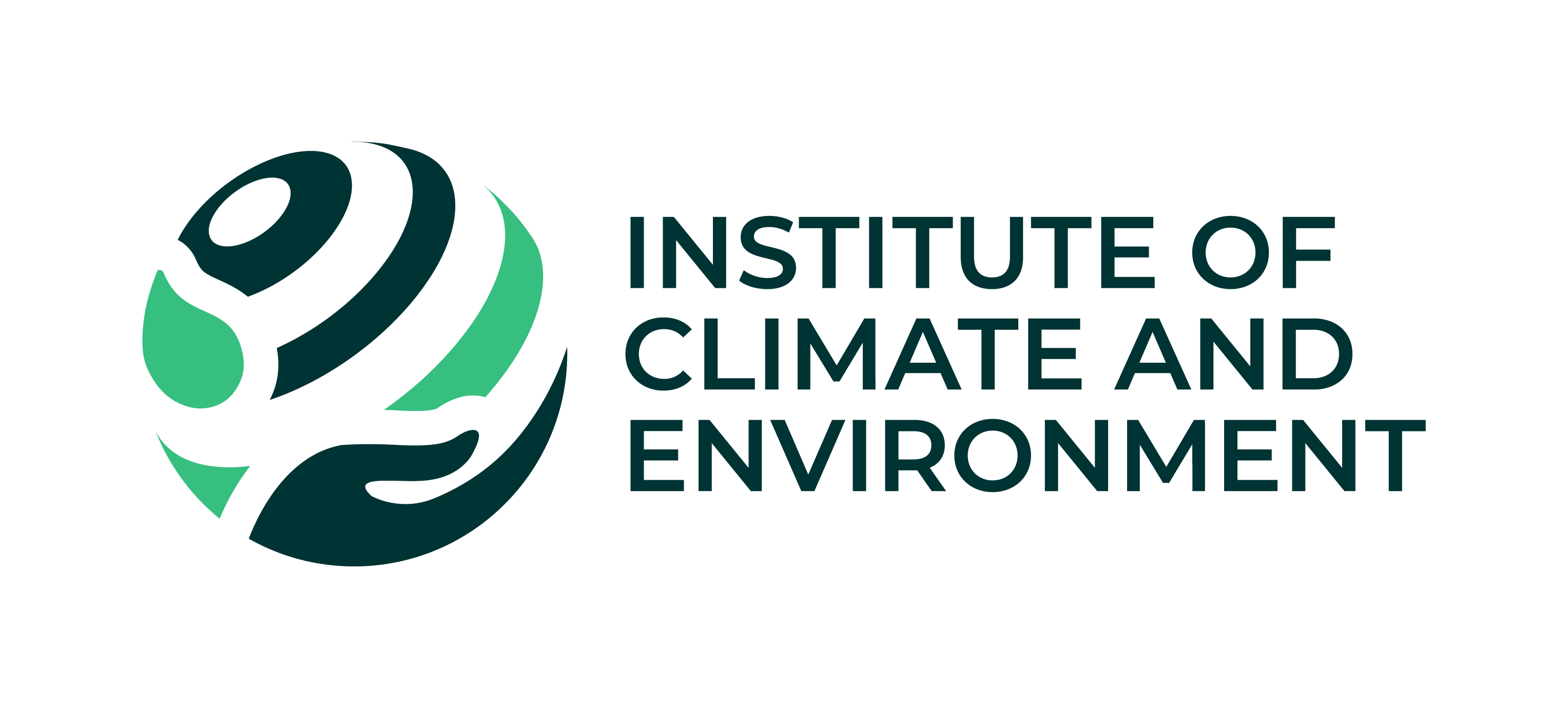

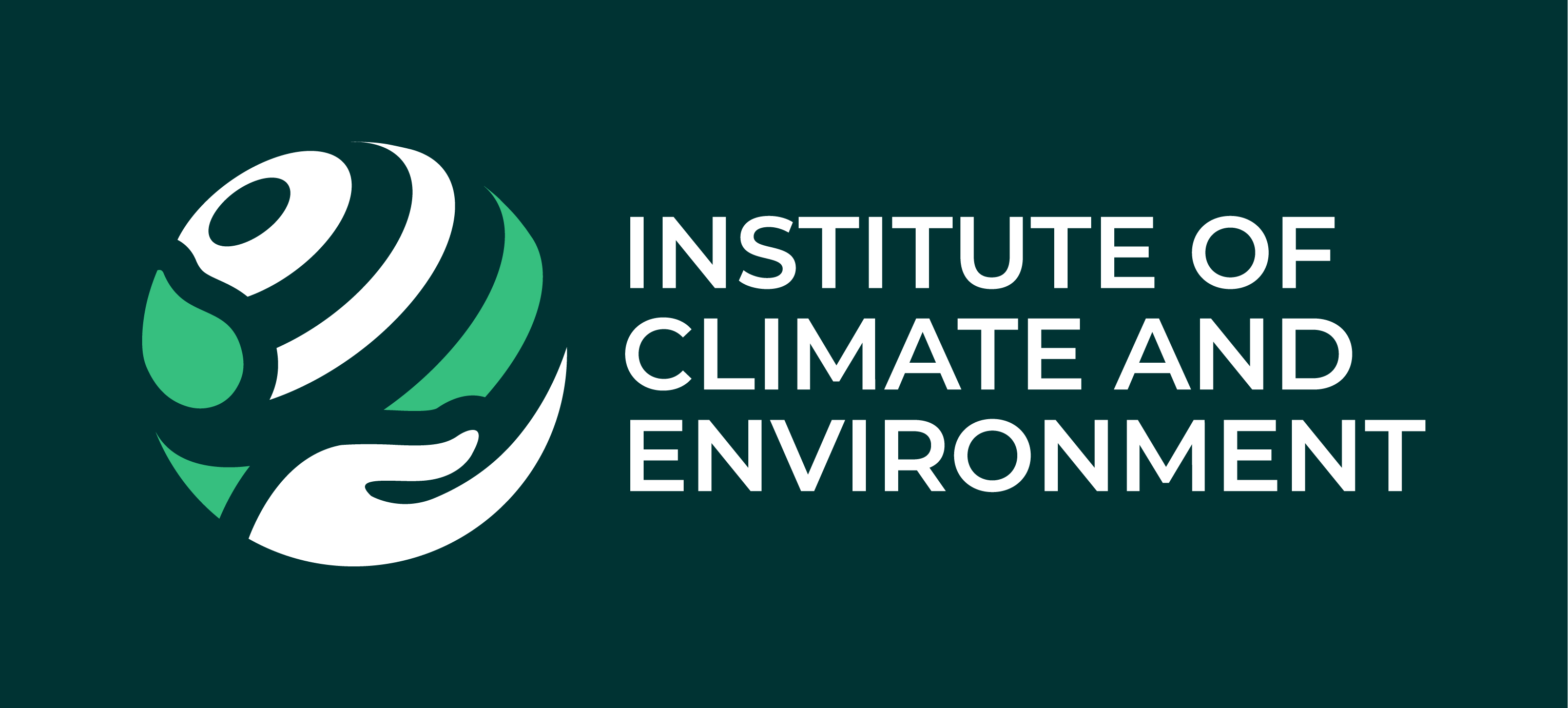
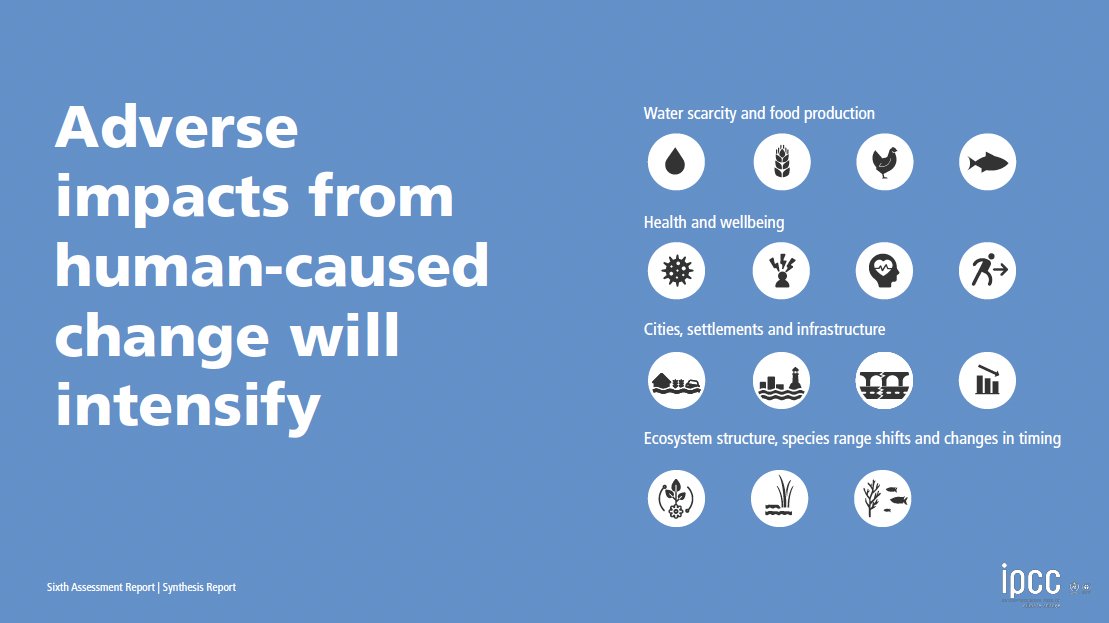

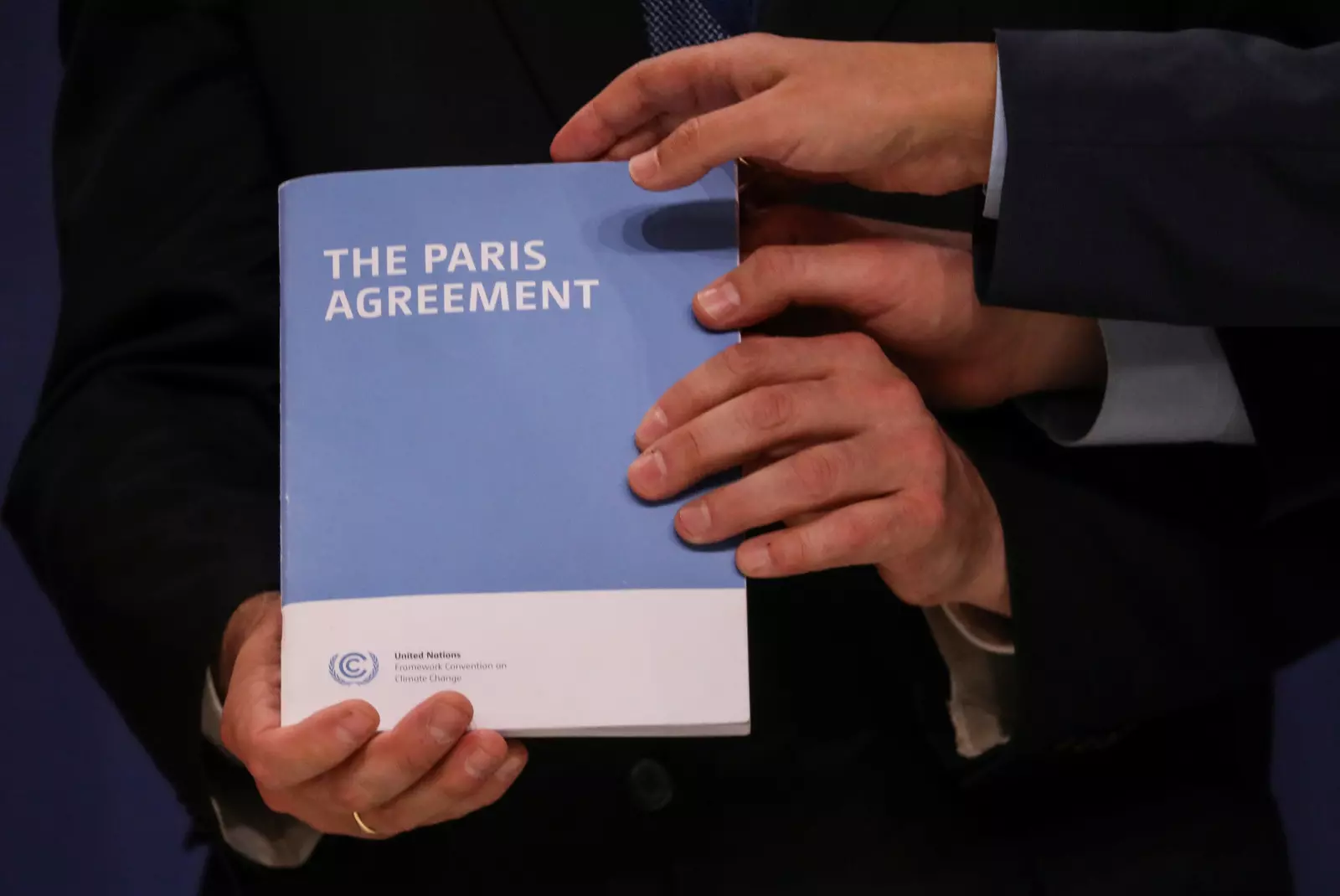
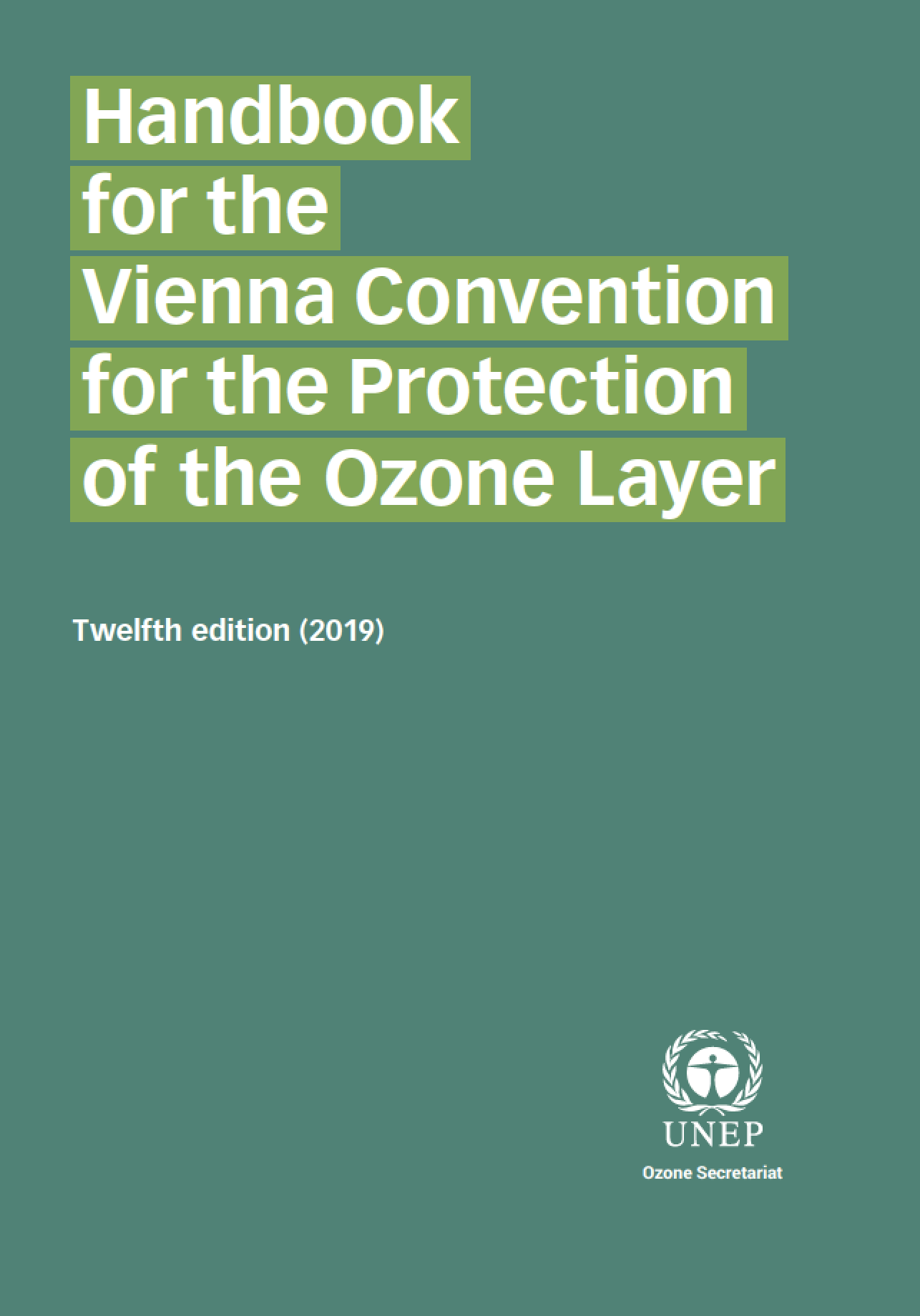
Pingback: International Biodiversity Day: Facts From Somalia – ICE